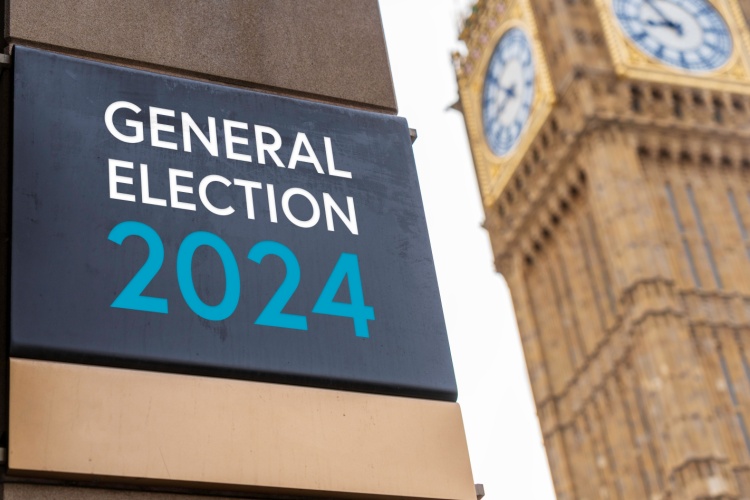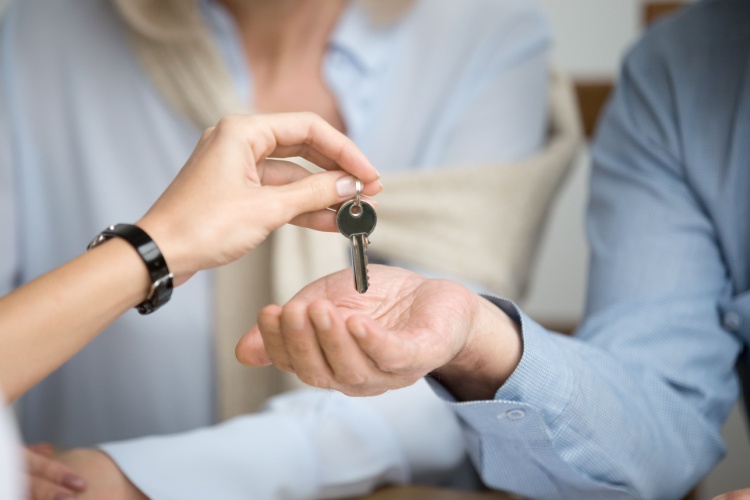5 things to consider before taking on a second mortgage
03/07/20
Are you thinking about taking on a second mortgage? Perhaps you want to purchase a holiday home for your family to enjoy, or maybe you want to invest in the Buy to Let market to provide an income in retirement. There are plenty of reasons why you may want a second mortgage, but it’s a big commitment that needs to be carefully assessed too.
It’s easy to see why a second property can be attractive. Property prices have soared in recent decades and have delivered a healthy return on investment. On top of this, there are more ways than ever to make money from property too. From selling in the future to letting out as a holiday home through online platforms, property can deliver an income as well.
However, there are no guarantees that property prices will rise at the same pace or that additional regulation won’t be brought in to regulate the holiday home market. It’s important to keep potential changes like these in mind when making plans for the future.
If you intend to take out a second mortgage, you should consider these five points first.
1. Do you have a large enough deposit?
Mortgage lenders will view a second mortgage as a greater risk, as you already have a commitment to make repayments on your first mortgage. As a result, you’ll need a higher deposit than normal. Expect lenders to require a minimum deposit of 25% when purchasing any type of second home. Depending on your credit score and current debt commitments, the deposit required could be even higher.
2. Are there any red flags on your credit report?
Linking to the point above, lenders are likely to be stricter when it comes to testing affordability and likelihood of defaulting on payments when it comes to a second home too. As a result, you should carefully scrutinise your credit report, as well as the other information used to assess affordability, to highlight red flags. If there are negative marks on your report take steps to get rid of them, add a note explaining why these are on there or seek a specialist lender with a criterion that matches your circumstances.
3. Is your income high enough to make it affordable?
Can your income cope with paying a second mortgage and the associated costs of owning another home, such as maintenance and decorating expenses? Assessing affordability from your own perspective can help you see how a second property may affect your lifestyle and long-term plans. It’s a step that can give you confidence as you move forward.
It can also give you a clearer idea of the properties within your budget and what lenders are likely to allow you to borrow. Be realistic about how much you can afford and how lenders will view you too.
4. How much Stamp Duty will you need to pay?
If you’re buying a second property, you will be liable for a higher rate of Stamp Duty. You have 14 days from when you complete the purchase of a property to file a return to HMRC and pay any Stamp Duty that is due. As a result, you must include this in your budget, alongside other areas such as solicitor and mortgage fees.
As you’re hoping to purchase an additional property, you’ll usually pay 3% on top of the normal Stamp Duty rates.
| Property value | Standard Stamp Duty Rate | Stamp Duty for additional properties |
| Up to £125,000 | 0% | 3% |
| £125,001 – £250,000 | 2% | 5% |
| £250,001 – £925,000 | 5% | 8% |
| £925,001 – £1,500,000 | 10% | 13% |
| £1,500,000 + | 12% | 15% |
The rates are split by property value and you may pay a different rate on different portions of the value. For instance, if you purchase a home for £270,000, the first £125,000 would be liable for a Stamp Duty rate of 3%, the portion between £125,001 and £250,000 would be calculated at a rate of 5%, while the remaining £20,000 in the next band would be liable for Stamp Duty at 8%. So, if you were to purchase a second home for £270,000 the total Stamp Duty due would be £11,600.
5. Will other forms of tax need to be considered?
It’s not just Stamp Duty you need to consider when it comes to tax liability.
Depending on how you decide to use the property, you may be liable for Income Tax, if, for example, you’re earning an income through letting it out as a holiday home. The increased income could push you into a higher tax bracket, so it’s worth looking at your property plans alongside your overall financial circumstances.
When it comes to selling the property, you could also be liable for Capital Gains Tax. This is a tax on the profits made and the rate will be dependent whether you’re a basic, higher or additional rate taxpayer. If you exceed your Capital Gains Tax annual allowance, £12,300 for 2020/21, basic-rate taxpayers will pay 18% on the exceeding amount, increasing to 28% for higher and additional rate taxpayers.
Even if you don’t intend to sell in the short or medium-term, understanding your tax position should you dispose of assets is important.
If you’re thinking about purchasing a second property, we can help. Whether you want to understand affordability or which lender to approach for a second mortgage, we can provide guidance throughout the process.




